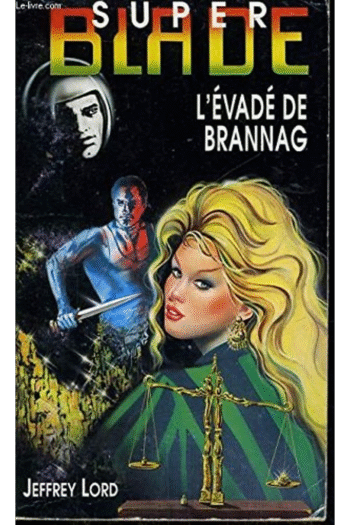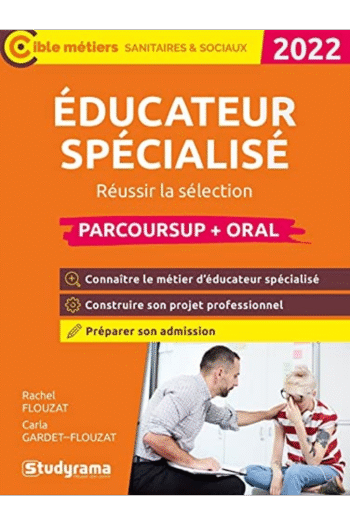Delve into the heart of Hungarian media scholarship with “Mdia szakos doktori hallgatk konferencija,” a unique collection of papers from a 2007 conference in Cluj-Napoca (Kolozsvr). This volume, published by Mdea Egyeslet, offers a fascinating snapshot of the methodological debates and cutting-edge research preoccupying doctoral students in the field at the time. While direct English language reviews are scarce, research indicates a strong emphasis on the adaptation of Western media theories to the specific socio-political context of post-EU accession Hungary and Romania. Expect discussions on the evolving media landscape, the rise of digital platforms, and critical analyses of media representation within a transitioning society. Perfect for researchers and students interested in Eastern European media studies, this Hungarian-language resource provides valuable insights into the region’s unique approach to media theory and practice. ISBN: 9789737993267
Mdia szakos doktori hallgatk konferencija: a mdiakutataos mdszertani kvetelmnyei : Kolozsvr, 2007. majus 11
13,08 $
In stock
Dive into the cutting-edge world of media research methodologies with “Mdia szakos doktori hallgatk konferencija: a mdiakutats mdszertani kvetelmnyei,” a compilation of insights and scholarly work presented at the prestigious conference for doctoral students in media studies held in Cluj-Napoca (Kolozsvr), Romania, on May 11, 2007. Published by Mdea Egyeslet, this Hungarian-language volume offers a unique and invaluable resource for researchers, academics, and students interested in understanding the evolving landscape of media research. This book, a snapshot of a pivotal moment in Hungarian media studies, captures the vibrant intellectual exchange and critical discussions surrounding the methodological rigor demanded in contemporary media research. While information specifically *about* this particular conference proceedings volume is sparse online, the context surrounding media research in Hungary and the broader region provides a valuable backdrop. Following Hungary’s accession to the European Union in 2004, academic discourse, including media studies, experienced a period of dynamic growth and internationalization. This conference likely represents a significant contribution to that development, fostering the development of Hungarian-language scholarship in the field. Inside, you’ll discover a diverse range of perspectives on the theoretical frameworks, empirical approaches, and analytical tools that underpin rigorous media scholarship. While the specific contents are not readily available for detailed summarization, the title strongly suggests a focus on issues like: * **Qualitative vs. Quantitative Methods:** Examining the strengths and limitations of different research approaches for studying media phenomena. * **Content Analysis:** Exploring techniques for systematically analyzing media texts to identify patterns, themes, and representations. * **Audience Studies:** Investigating how audiences engage with, interpret, and respond to media messages. * **Critical Theory:** Applying critical perspectives to analyze the power dynamics and ideological underpinnings of media institutions and practices. * **Ethical Considerations:** Addressing the ethical challenges and responsibilities of conducting media research. Given the timeframe (2007), the book likely includes discussions on the burgeoning influence of the internet and digital media on society. It could contain early analyses of online communities, social media platforms, and the impact of new technologies on traditional media industries. “Mdia szakos doktori hallgatk konferencija” offers a rare glimpse into the intellectual ferment of Hungarian media studies at a critical juncture. It’s a valuable addition to any library focused on Central and Eastern European media, research methodologies, or the history of media studies as a discipline. This book is particularly beneficial to those who read Hungarian and are looking for local perspectives on media theory and research practices. With 158 pages, this substantial paperback, weighing in at 4000, contains a wealth of knowledge and represents a key contribution to the academic literature of the period. ISBN-13: 9789737993267 and ISBN-10: 9737993268. Published in 2007. Secure your copy today and delve into the methodological foundations of media research!
| Authors | Mdia Szakos Doktori Hallgatk Konferencija (2nd 2007 Cluj-Napoca, Romania) |
|---|---|
| Condition | |
| ISBN-10 | 9737993268 |
| ISBN-13 | 9789737993267 |
| Language | |
| Pages | 158 |
| Publisher | |
| Year published | |
| Weight | 4000 |
Related products
Zwilling gesucht!
13,46 $L’vad de Brannag
13,12 $
- Additional information
- Currencies
- USD – United States dollar
- EUR – Euro
- GBP – Pound sterling
- CNY – Chinese yuan
- BRL – Brazilian real
- MXN – Mexican peso
- JPY – Japanese yen
- PHP – Philippine peso
- THB – Thai baht
- PLN – Polish złoty
- CAD – Canadian dollar
- MYR – Malaysian ringgit
- AUD – Australian dollar
- TWD – New Taiwan dollar
- CZK – Czech koruna
- SEK – Swedish krona
- HUF – Hungarian forint
- ILS – Israeli new shekel
- CHF – Swiss franc
- HKD – Hong Kong dollar
- DKK – Danish krone
- SGD – Singapore dollar
- NOK – Norwegian krone
- NZD – New Zealand dollar





